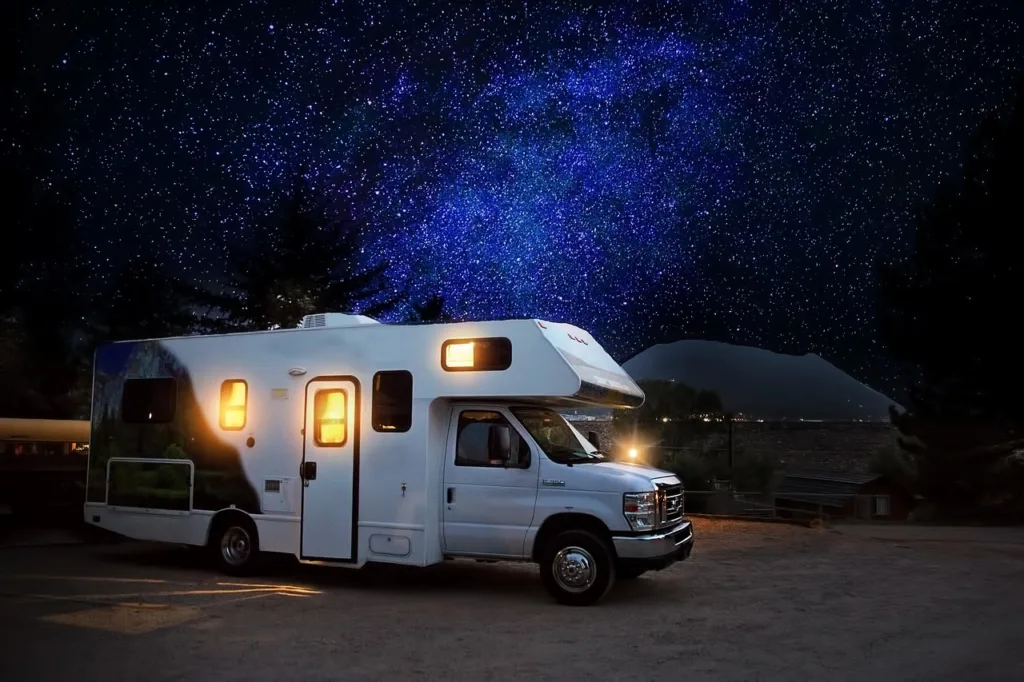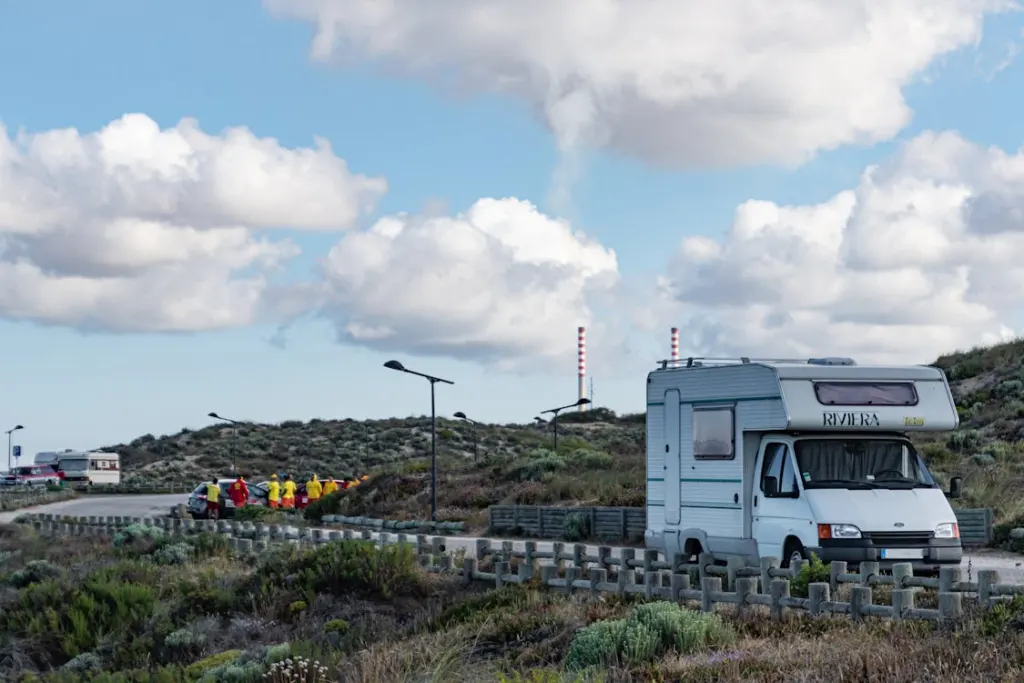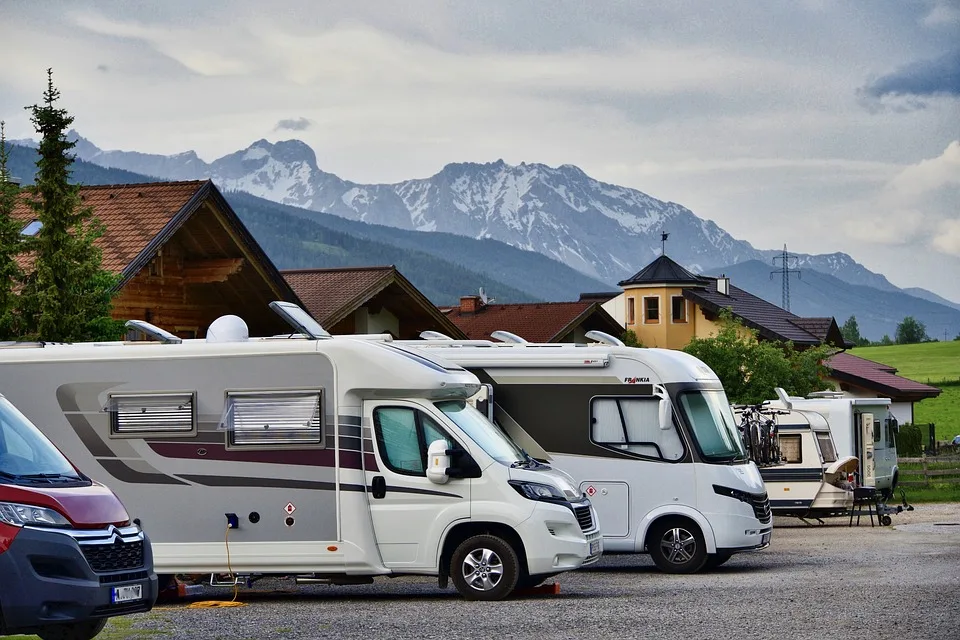
Deciding between a Class A and a Class C motorhome can feel like choosing between two entirely different lifestyles on the road. Both have their unique strengths and cater to different types of travelers. Let’s dive into what sets these two classes apart and find out which one aligns best with your travel style.
1. Size and Space: Palatial or Practical?

Class A motorhomes are like rolling palaces, offering vast interiors with full-size kitchens, spacious living rooms, and master bedrooms. This can be incredibly convenient for extended stays, providing ample space to move around and store all your belongings.
Class C motorhomes offer a more practical approach. They are more compact but efficiently designed, featuring over-cab sleeping areas and clever storage solutions. This makes them easier to navigate and park, perfect for a cozy yet functional living space.
Consider how much space you need. Class A motorhomes provide luxurious roominess, ideal for those who love having plenty of space. Class C motorhomes offer a more practical, efficient use of space, perfect for those who prefer a more compact and manageable RV.
2. Driving Experience: Smooth Operator or Agile Adventurer?

Class A motorhomes are built on large, bus-like chassis, offering a smooth and stable ride. However, their size can make them intimidating to drive, especially for newbies. Parking and maneuvering in tight spots can also be a challenge.
Class C motorhomes, on the other hand, are built on truck or van chassis. This makes them more agile and easier to handle, especially for first-time RVers. They are easier to park and navigate through narrow roads, making them a great choice for those who want to explore off-the-beaten-path destinations.
3. Fuel Efficiency: Gas Guzzler or Frugal Friend?

Class A motorhomes, with their larger engines and heavier bodies, tend to consume more fuel. This can add up quickly, especially on long trips, making them more expensive to run.
Class C motorhomes, being lighter and smaller, are generally more fuel-efficient. This means you’ll save on fuel costs, leaving you more money for fun activities and experiences on your travels. If fuel efficiency is a major concern, Class C might be the way to go.
4. Maintenance Needs: High or Low?

Class A motorhomes often require more maintenance due to their built-in engines and complex systems. Regular checks on the engine, transmission, and various RV systems are crucial to keep everything running smoothly.
Class C motorhomes, being simpler and built on truck or van chassis, tend to have lower maintenance needs. Their smaller size and more straightforward systems mean less frequent and less expensive repairs.
Consider how much maintenance you’re willing to handle. Class A motorhomes offer luxury but need more upkeep. Class C motorhomes are easier to maintain, making them a good option for those who prefer a hassle-free experience.
5. Cost Comparison: Big Investment or Budget-Friendly?

Class A motorhomes are generally more expensive upfront, often ranging from $100,000 to over $300,000. Their larger size and luxury features contribute to this higher price tag, making them a significant investment.
Class C motorhomes are usually more budget-friendly, with prices typically ranging from $50,000 to $150,000. They offer a great balance of comfort and affordability, making them accessible to a wider range of budgets.
Think about your budget and spending preferences. Class A motorhomes provide luxury and space but come at a higher cost. Class C motorhomes offer comfort and functionality without breaking the bank.
6. Amenities: Luxurious or Functional?

Class A motorhomes are packed with luxurious amenities. You’ll often find full-size kitchens, spacious bathrooms, entertainment systems, and even washers and dryers. These features provide a high level of comfort and convenience, ideal for long-term travelers.
Class C motorhomes, while not as luxurious, are highly functional. They come with all the essentials you need for a comfortable trip, including kitchens, bathrooms, and sleeping areas. Their focus is on practicality and efficient use of space.
Consider what amenities are most important to you. Class A motorhomes offer high-end luxury and convenience. Class C motorhomes provide essential functionality, perfect for those who value practicality over extravagance.
7. Storage Options: Ample or Adequate?

Storage space can make a big difference in your travel experience. Class A motorhomes typically offer ample storage, with large exterior compartments and plenty of interior cabinets. This is perfect for those who like to bring along lots of gear and supplies.
Class C motorhomes have adequate storage but less than Class A models. They make efficient use of space, providing enough room for essentials without feeling cramped. Consider how much storage you need and choose accordingly.
8. Towing Capabilities: Heavy-Duty or Light-Duty?

If you plan to tow a vehicle or trailer, this is something to think about. Class A motorhomes usually have higher towing capacities, making them suitable for towing cars, boats, or large trailers. This adds another layer of convenience for those who want to bring extra vehicles along.
Class C motorhomes can also tow, but their capacity is generally lower. They’re great for towing smaller vehicles or light trailers, but if you need to tow something larger, you might find Class A more suitable.
9. Off-Road Performance: Smooth Highways or Rough Terrain?

Class A motorhomes are built for smooth highways and well-maintained roads. Their size and low ground clearance make them less suitable for rough or uneven terrain. They excel on long, straight drives but can struggle with rugged conditions.
Class C motorhomes, with their truck-based chassis and higher ground clearance, handle off-road conditions better. They are more versatile, allowing you to explore national parks, forest trails, and remote campsites with ease.
Consider where you plan to travel. Class A motorhomes are perfect for smooth, paved roads and highway travel. Class C motorhomes are better suited for those who want to venture off the beaten path and tackle rougher terrains.
10. Resale Value: Long-Term Investment or Quick Turnaround?

Class A motorhomes, if well-maintained, can hold their value well due to their luxury features and spacious designs. They can be a good long-term investment if you plan to use them frequently.
Class C motorhomes also maintain good resale value, especially because of their affordability and practicality. They’re in high demand, making them easier to sell if you decide to upgrade or change your travel style.
Which One Fits Your Adventure?
Choosing between a Class A and a Class C motorhome depends on your needs, preferences, and travel style.
Class A motorhomes offer unmatched luxury and space but come with higher costs and maintenance needs. Class C motorhomes provide a practical, budget-friendly, and versatile option, perfect for those who value simplicity and efficiency. No matter which one you choose, unforgettable adventures and freedom on the open road await!
